CAPITALISM

AND

DEMOCRACY
Prosperity, Justice, and the Good Society
THOMAS A. SPRAGENS, JR.
University of Notre Dame
Notre Dame, Indiana
University of Notre Dame Press
Notre Dame, Indiana 46556
All Rights Reserved
Copyright 2021 by University of Notre Dame
Published in the United States of America
Library of Congress Control Number: 2020950577
ISBN: 978-0-268-20013-8 (Hardback)
ISBN: 978-0-268-20014-5 (Paperback)
ISBN: 978-0-268-20012-1 (WebPDF)
ISBN: 978-0-268-20015-2 (Epub)
This e-Book was converted from the original source file by a third-party vendor. Readers who notice any formatting, textual, or readability issues are encouraged to contact the publisher at
CONTENTS
PREFACE
The central purpose of this book is to provide a synthesis and overview of some of the most important arguments that bear upon the complex and perennially controversial issues regarding the proper role of the capitalist marketplace within a democratic society. I also will try to explain why these controversies are not fully resolvable in some definitive way. And I will in the final chapter offer a few of my own judgments about the questions at hand.
The intended audience for this book is not so much my academic peers, because there is not a great deal of cutting-edge scholarship here. Instead, I have written with two other audiences principally in mind. The first of these is the educated publicthose among my fellow citizens who are aware of the importance of the issues in question here and would like to improve their understanding of them but who also are understandably somewhat overwhelmed by the cacophonous political disputation and the sometimes complex arguments that surround them. My other major target audience is those college-level students seeking a reasonably succinct and approachable overview of important issues they know that they will likely confront in courses they might take in the fields of economics, political science, moral philosophy, and public policy. I also had in mind the possibility that a work like this one could serve as a core text for some of these courses, where it could provide a useful framework to pair with and complement other works, both explanatory and normative, that focus more specifically on one or another of the three constituent topics here: prosperity, social justice, and democratic ideals. In fact, both my interest in writing this book and much of its content are the product of several courses I have taught on these topics over the years.
I want to acknowledge and thank a number of people who have played important roles in bringing this project to fruition. These include many of my faculty colleagues at Duke, not only in the Political Science Department but also in other departments and programs, including economics, philosophy, public policy, classics, and the Kenan Ethics Institute. They include the great and noble company of political theorists around the countryand abroadwho through their written work and conversations have informed much of what is found here. I also am indebted to the talented students, both undergraduate and graduate, who have thoughtfully engaged these issues with me in courses and conversations over the years. I owe a particular debt of gratitude to the director of the University of Notre Dame Press, Stephen Wrinn, for his encouragement of and enthusiasm for this projectand to his assistant acquisitions editor, Rachel Kindler, for ably shepherding it to completion. I am also grateful to fellow theorist Terence Ball and to a second unidentified outside reader for both their endorsement of this project and also their useful suggestions for additions and improvements to my original manuscript. Finally, my sincere thanks to staff assistant Steffani Shouse in the Department of Political Science at Duke for her skilled help in converting my words into a finished manuscript, and to Elisabeth Magnus for her able and careful copyediting.
Introduction
On June 10, 1962, in New Haven, Connecticut, President John Fitzgerald Kennedy stepped to the podium to deliver the Yale University Commencement Address. He began with a few ingratiating remarks to his audience of new graduates and their families, friends, and faculty. Alluding to the honorary degree conferred upon him, he said that he now had the best of both worlds, a Harvard education and a Yale degree. And he added, I am particularly glad to become a Yale man because as I think about my troubles, I find that of a lot of them come from other Yale men such as Henry Luce and William F. Buckley.
Kennedy then turned to his chosen topic for the day, which was the relationship between business and government, between the private marketplace and public policy. He lamented that when it came to discussions about the proper way to institutionalize this relationship and the best way to manage our national economy, there was a danger of meeting present problems with old clichs and that some conversations I have heard in our own country sound like old records, long-playing, left over from the middle thirties. Instead of letting ourselves be distracted by incantations from the forgotten past, he continued, we need to realize that the problems of fiscal and monetary policies in the sixties as opposed to the kinds of problems we faced in the thirties represent subtle challenges for which technical answers, not political answers, must be provided. To maintain the kind of vigorous economy upon which our country depends, he said, we have to be prepared to face technical problems without ideological preconceptions.... What is at stake in our economic decisions today is not some grand warfare of rival ideologies which will sweep the country with passion, but the practical management of a modern economy. Success in this management task, he concluded, involves sophisticated and technical questions that are basically an administrative or executive problem in which political labels or clichs do not give us a solution.
Against the backdrop of American political history, this suggestion that questions about fiscal policy and the size and shape of government had become essentially technical issues rather than political and ideological ones had to seem on its face quite remarkable. Ever since the transformation of the American economy in the decades following the Civil War from a rural and agricultural one to an urban and industrial one, the relationship between corporate capitalism and democratic purposes had served as a central fault line in American political conflict. The many major innovations in government policies and institutions that regulated the capitalist marketplacethe creation of the independent regulatory commissions, the Sherman Act, the Fair Labor Practices Act, Social Security, unemployment insurance, minimum-wage and maximum-hours legislation, and so onhad usually emerged out of fierce political battles.
Kennedys argument that more detailed and focused debates on technical questions of economic management had superseded 1930s-style ideological battles about the New Deal did not seem entirely implausible at the time, however. For when the Republicans had recaptured the White House for the first time in twenty years in 1952, the Eisenhower administration had seemingly accepted the basic contours of the welfare state rather than trying to repeal it. Moreover, Eisenhower was willing to undertake large-scale government investments in the national economic infrastructure, since one of the most notable endeavors of his presidency was the building of our modern interstate highway system. And later, when Eisenhowers vice president, Richard Nixon, became president in 1968, his administration proposed extensions of the welfare state in some respects, including sending to Congress a measure that would have established a national guaranteed minimum income.

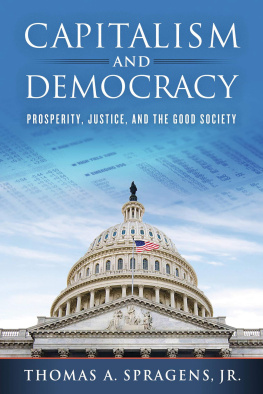

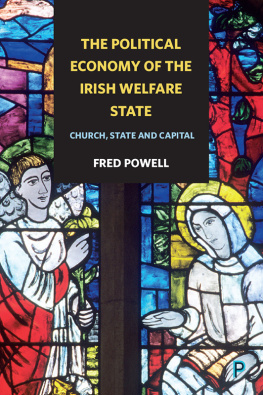
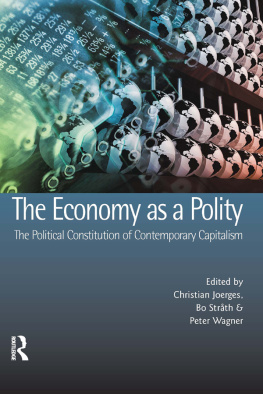
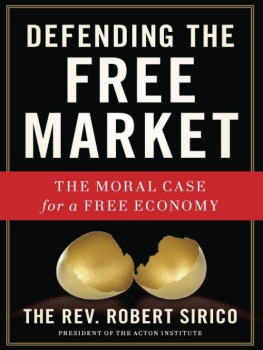
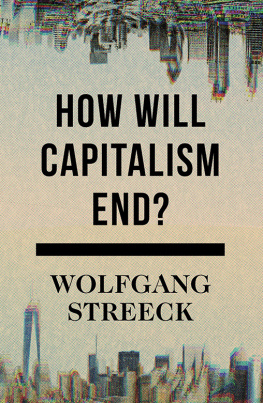
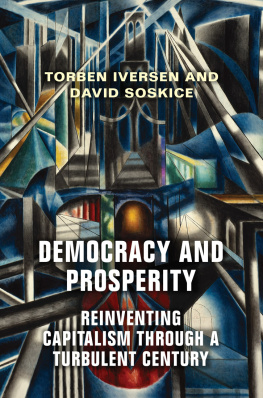
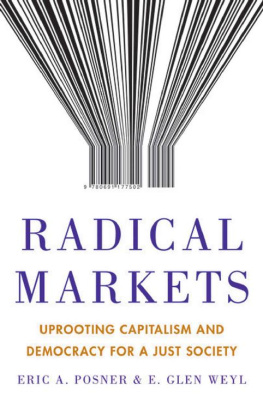
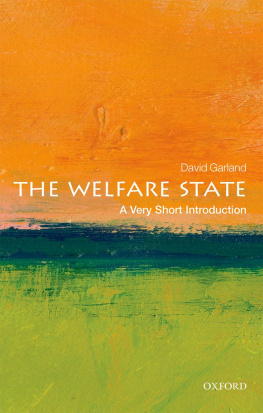
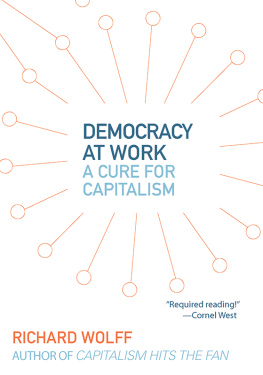
 AND
AND